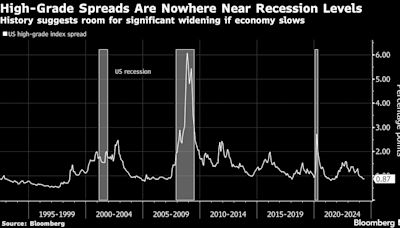Search results
The ECB is the central bank of the European Union countries which use the euro. Our main task is to maintain price stability. We do this by making sure that inflation remains low, stable and predictable. In this way, we seek to help you plan your saving and spending. Find out more about our monetary policy.
- History
The European Central Bank (ECB) is the central bank of the...
- Monetary Policy
The European Central Bank (ECB) is the central bank of the...
- History
Early years (1998–2007) Wim Duisenberg, first President of the ECB. The European Central Bank is the de facto successor of the European Monetary Institute (EMI). The EMI was established at the start of the second stage of the EU's Economic and Monetary Union (EMU) to handle the transitional issues of states adopting the euro and prepare for the creation of the ECB and European System of ...
- 4.50% (Main refinancing operations), 4.75% (Marginal lending facility)
- 1 June 1998 (25 years ago)
JEL Code E51: Macroeconomics and Monetary Economics→Monetary Policy, Central Banking, and the Supply of Money and Credit→Money Supply, Credit, Money Multipliers E43: Macroeconomics and Monetary Economics→Money and Interest Rates→Interest Rates: Determination, Term Structure, and Effects G21: Financial Economics→Financial Institutions and Services→Banks, Depository Institutions ...
- What Is European Central Bank (ECB)?
- Understanding European Central Bank
- European Central Bank (ECB) Functions
The European Central Bank (ECB) is the central bank responsible for monetary policy of the European Union (EU) member countries that have adopted the euro currency. This currency union is known as the eurozoneand currently includes 19 countries. The ECB's primary objective is price stability in the euro area.
The European Central Bank (ECB) is headquartered in Frankfurt am Main, Germany. It has been responsible for monetary policy in the Euro area since 1999, when the euro currency was first adopted by some EU members.
The primary responsibility of the ECB, linked to its mandate of price stability, is formulating monetary policy. Monetary policy decision meetings are held every six weeks, and the ECB is transparent about the reasoning behind the resulting policy announcements. It holds a press conference after each monetary policy meeting, and later publishes the...
Unlike the Federal Reserve—which, as the central banking authority of the United States, uses the buying and selling of U.S. government bonds to influence the money supply—the ECB influences the supply of euros in the market by directly controlling the amount of euros available to eligible member banks. Every week, the ECB announces a ...
People also ask
Where is the European Central Bank headquartered?
What is European Central Bank (ECB)?
Does the European Central Bank have a monetary policy?
What is the difference between ECB and Eurosystem?
Statistics are essential for making informed decisions. Sound financial and monetary statistics help us make informed decisions. The ECB and national central banks provide official statistics on the health of the economy. These statistics support all aspects of the ECB's work, including monetary policy, financial stability and banking supervision.
Members: ECB President and Vice-President and governors of national central banks from all EU countries; Established in: 1998; Location: Frankfurt (Germany) Website: European Central Bank; The European Central Bank (ECB) manages the euro and frames and implements EU economic & monetary policy.




